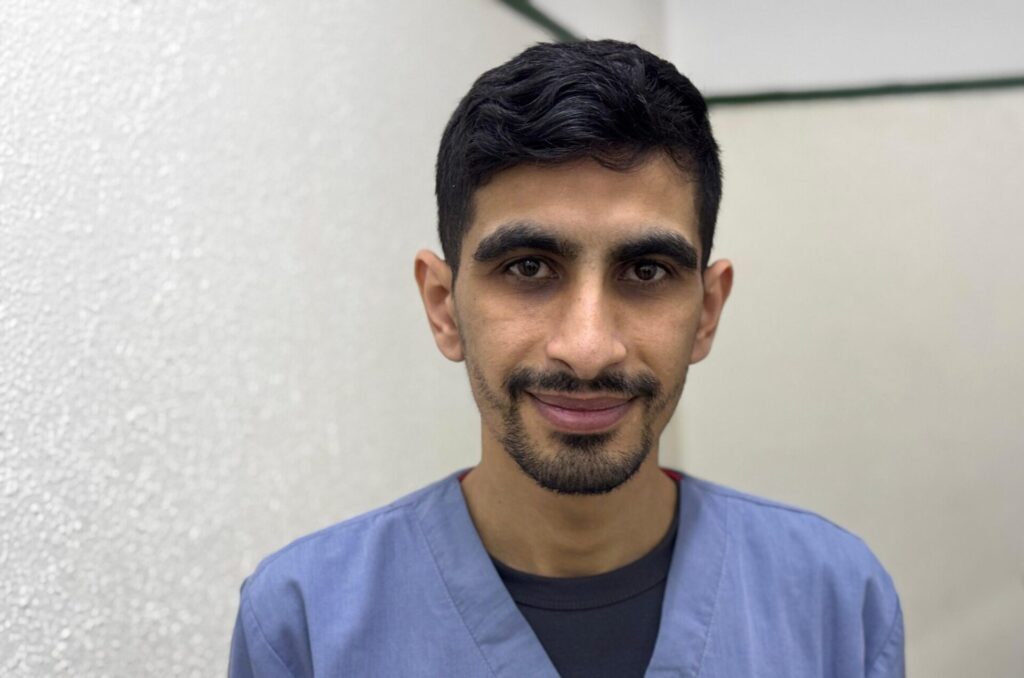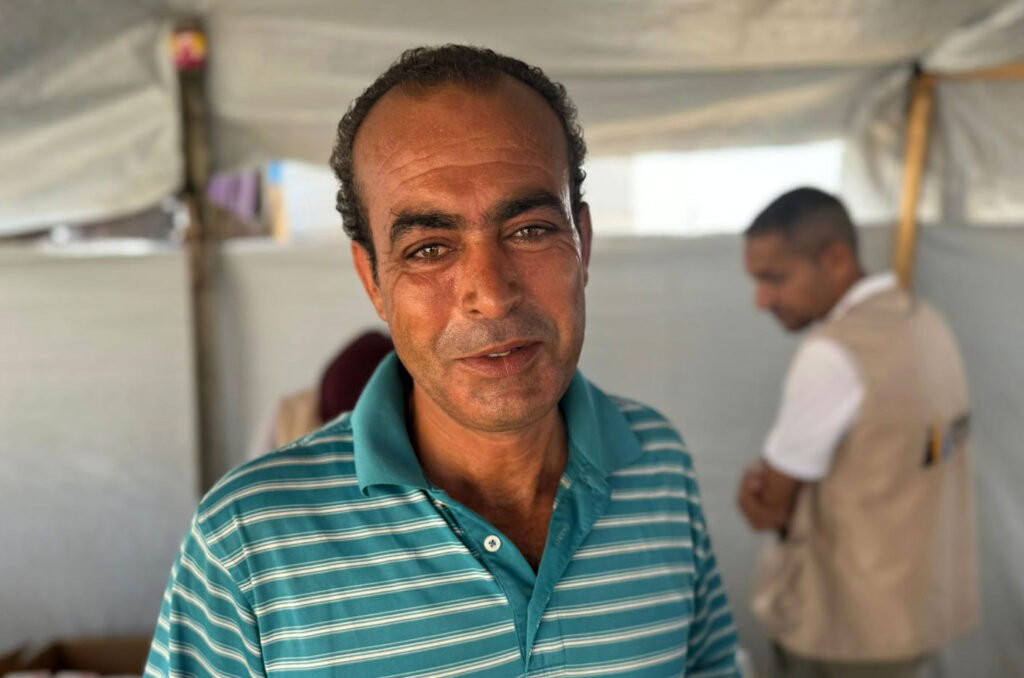Apr, 2010
On a quiet day in the village of Wadi Al-Salqa in Gaza, the scent of fresh bread baking in mud stoves can be smelled all the way to the Palestinian Wounded Child Clinic.
There Mohammad Abu Mghasieb, or Abu Hosam as he is known in the village, has his home and clinic, which he opens to patients in the village and the surrounding areas 24 hours a day.
“The clinic was founded under very tough conditions. The village was closed from three sides. It has only one exit in the north, so the idea for the clinic came as a response to emergency cases,” said Abu Hossam, who holds a degree in nursing. “There is no other medical center in the village that functions after 2:00 P.M.”
Wadi Al-Salqa is home to 6,000 people, most of whom rely on agriculture and livestock to make a living. Since its establishment in 2003, the clinic has been a major recipient of Anera shipments. The MAP International shipment is the most recent.
The shipment included medical supplies like needles, cold and allergy medicines, multivitamins tablets, nasal spray, and antibiotics. The contents were distributed to 14 local clinics and hospitals around Gaza, including the Palestinian Wounded Child Clinic.
“Without these donations, we wouldn’t be able to continue our support to the local community. We don’t receive any other support, and we depend 100% on donations,” said Abu Hossam, while arranging medicine on the pharmacy shelves. “A doctor comes here daily after 6 pm and stays for three hours to handle emergencies and accidents. Each day we receive an average of 15 cases.”
Abu Hossam added that disposable items such as gloves and needles were the most used and needed. He also highlighted that children in remote areas like his village often suffer from malnutrition and anemia.
“Folic acid drops and multivitamins are necessary for these children,” he said. “Paracetamol is another effective medication to relieve minor aches and pains. We had a free-of-charge medical day and people were glad to have access to this medication.”
In the waiting room, a group of women were sitting with Abu Hossam’s wife, who is also a nurse, and discussing health issues. Aysha Alkasir, one of the villagers, recounted with a modest smile the time she knocked on Abu Hossam’s door at 1:00 am. “My four-year-old grandchild couldn’t stop coughing. It is great to have this clinic and the medication.”


